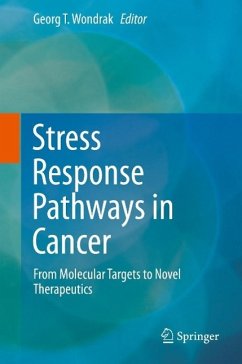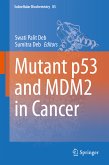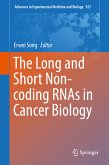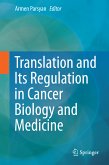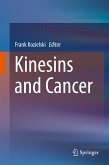It is now established that dysregulated cell stress response pathways play a critical role in tumorigenesis, and a refined mechanistic understanding of this phenomenon at the molecular level promises to open new avenues for targeted therapeutic strategies that may benefit cancer patients in the near future. Coauthored by recognized leaders in cancer research from five continents, this novel book provides a comprehensive perspective on cell stress response pathways and therapeutic opportunities. Focusing on the role of genotoxic, proteotoxic, oxidative, metabolic, and inflammatory stress in tumorigenesis, the book is essential reading for students, basic researchers, and biomedical health care professionals interested in cancer and therapeutic development.
Dieser Download kann aus rechtlichen Gründen nur mit Rechnungsadresse in A, B, BG, CY, CZ, D, DK, EW, E, FIN, F, GR, HR, H, IRL, I, LT, L, LR, M, NL, PL, P, R, S, SLO, SK ausgeliefert werden.

